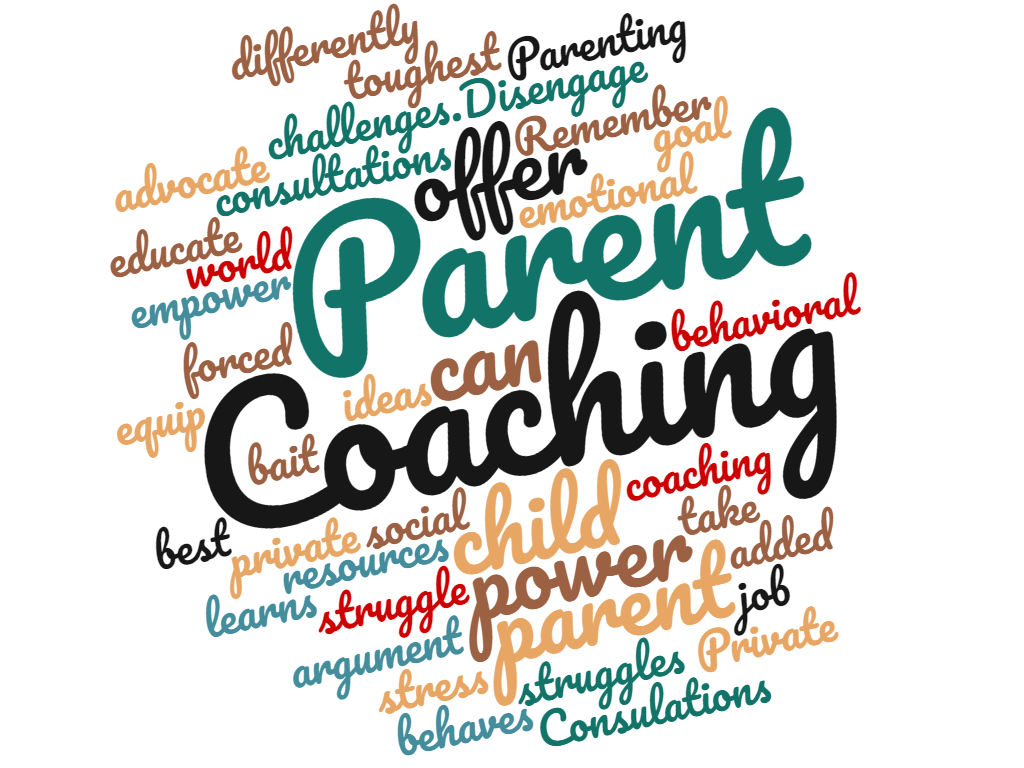
“It starts early—the wide-eyed wonder of a child who sees letters as magical squiggles that somehow talk. The way a five-year-old can spend an hour absorbed in building a cardboard rocket or asking why the moon follows the car. But somewhere along the road of test prep, packed schedules, and the heavy machinery of traditional schooling, that spark can dim. As a parent, you’re not just managing carpools and lunchboxes—you’re the steward of something far more sacred: your child’s relationship with learning.
Create Curiosity Instead of Controlling Outcomes
You don’t need to be an expert in ancient civilizations or quantum physics to spark intellectual fire at home. In fact, curiosity is often stifled not by lack of content, but by a desire for control. When you ask your child what they wonder about instead of telling them what to learn, you send a message that their thoughts have value. Let their questions guide the journey, even when the answers aren’t tidy—especially then.
Normalize the Joy of Not Knowing
So many kids shut down because they think learning is about already knowing the nswer. It’s worth repeating at your dinner table, in car rides, and during homework time: it’s kay not to know. It’s good, even. Curiosity thrives in the space between questions and answers, so celebrate the phrase “I don’t know” as the beginning of an adventure instead of a dead end.
Embrace Learning Yourself
The best way to teach your kids the value of education is to let them see you learning, too. Whether you’re diving into a new book, exploring fresh ideas, or pursuing advanced studies, you’re showing them that growth never stops. That example can be even more powerful if you decide to boost your earning potential in a resilient field like healthcare. Getting a master’s degree in nursing can demonstrate dedication to both your profession and lifelong learning—take a look at this to see how you can expand your expertise while inspiring your family. Bonus tip: always keep lots of books on a wide range of topics lying around the house.
Let Your Home Be the Laboratory
You don’t need a formal curriculum or a teaching degree to create a home environment that nurtures discovery. Let your child plan the grocery list and figure out how to make three meals from it—it’s math, creativity, and problem-solving all at once. Give them a camera and ask them to document the bugs in the backyard. What matters is not turning your home into a school, but into a place where questions are as welcome as snacks.
Model Wonder Like It’s Your Job
Kids are savvy. They see what you do more than they hear what you say. If you act like learning is a grind, they’ll pick up on that. But if you light up when you read a new book or get animated talking about a podcast, they’ll absorb that too. Let them catch you falling in love with new ideas—it’s one of the most powerful lessons you can offer.
Dial Down the Pressure to Perform
Nothing wilts curiosity faster than turning it into a race. The straight-A report card, the perfectly structured science project, the top percentile in math—all of that can seem like encouragement, but sometimes it whispers: your worth is in your performance. Instead, offer praise for effort, perseverance, and even failure. The freedom to fail without fear is the secret ingredient in a lifelong love of learning.
Bring in Voices Beyond Your Own
Even the mostengaged parent can’t be everything for their child’s intellectual life. Let them learn from mentors, extended family, neighbors, podcasts, books, documentaries—anything that widens their lens. Invite others into the learning conversation, and show your child that knowledge doesn’t just live inside schools or textbooks. It lives in stories, in struggle, in the way your grandmother folds dumplings or the way a jazz musician 0improvises.
Explore Purposeful Coaching and Support
For parents looking to deepen their role in this journey, it’s worth seeking out guidance that aligns with your values. The Family School offers a refreshing approach to parent coaching—one rooted in connection, intentionality, and respect for a child’s inner world. By focusing on the unique rhythm of each family, they help parents become more than just
academic overseers. They become facilitators of joy, freedom, and purpose in their children’s lives. Learning isn’t a race to the top or a checklist to be completed. It’s a lifelong relationship that starts with wonder and, if nurtured well, never really ends. Your job isn’t to be the keeper of all answers—it’s to be the protector of the flame. So stay curious, stay open, and
remind your child (and maybe yourself) that the real magic of learning is in the love of it.
Unlock the secrets to a harmonious family life with Freedom Thru Family and discover how purposeful parent coaching can transform your relationships and elevate your family’s well being.”
by Meredith Jones


